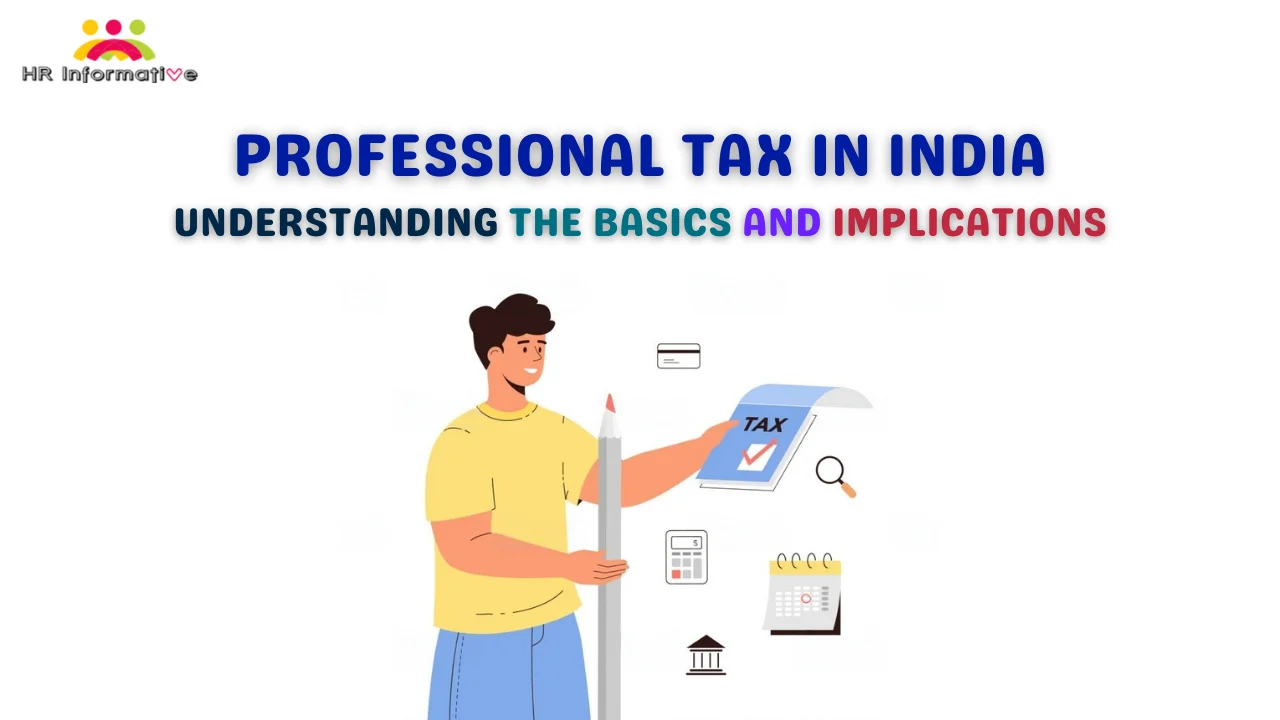The Employees’ Provident Fund (EPF) scheme offers a valuable retirement saving option for salaried individuals in India. However, there are often questions about eligibility and contribution rules, especially regarding age limitations. This article delves into the specific regulations surrounding contributing to EPF after 60 and explores alternative retirement saving options for those who may not be eligible.
Understanding the Age Limit for EPF Contributions
- EPF: There is no upper age limit for contributing to the Employee’s Provident Fund (EPF) portion of the scheme. As long as you are employed and your employer deducts the contribution, you can continue adding to your EPF account even after 60. This applies to both individuals who started contributing before and after 60.
- EPS (Pension Scheme): The age limit for contributing to the Employee’s Pension Scheme (EPS) is 58 years. This means that your employer’s contribution towards your pension stops after you turn 58, regardless of your continued employment. However, the employee’s contribution to EPF continues, and the employer’s 8.33% contribution previously allocated to EPS now gets added to the EPF corpus.
Key Points to Remember
- Continued Employment: The ability to contribute to EPF after 60 hinges on your continued employment. If you retire or become self-employed, contributions will cease.
- Tax Implications: Contributions made by both employee and employer to EPF are tax-deductible up to a specified limit. However, interest earned on the EPF corpus after you turn 60 becomes taxable.
- Account Inactivation: If no contributions are made to your EPF account for 36 months (3 years), it becomes inactive and stops earning interest. You can withdraw the funds or reactivate the account by resuming contributions.
Alternative Retirement Savings Options for Those Above 60
- Voluntary Provident Fund (VPF): If your employer offers a VPF scheme, you can contribute voluntarily beyond the mandatory EPF contribution. This can be a good way to boost your retirement savings even after 60, but remember that VPF contributions are not tax-deductible.
- Senior Citizen Savings Scheme (SCSS): This government-backed scheme offers high interest rates and tax benefits on deposits made by individuals aged 60 and above. However, there is a maximum investment limit and a tenure of 5 years.
- National Pension System (NPS): This government-sponsored scheme offers tax benefits and market-linked returns, making it an attractive option for long-term retirement planning. The age group of 18-70 years can join NPS.
Choosing the Right Option
The best retirement savings option for you after 60 will depend on your individual circumstances, risk tolerance, and financial goals. Consider factors like your expected retirement age, desired income, and tax implications before making a decision. Consulting a financial advisor can be helpful in navigating these choices.
Additional Considerations
- Estate Planning: Ensure your EPF nomination is updated to avoid complications in claiming the funds after your demise.
- Health Insurance: Having adequate health insurance coverage is crucial, especially after retirement when medical expenses can rise.
Conclusion
While contributions to the EPS portion of EPF stop after 58, you can continue contributing to the EPF corpus even after 60 as long as you are employed. Explore alternative options like VPF, SCSS, and NPS to boost your retirement savings and ensure financial security in your golden years. Remember to carefully consider your individual needs and seek professional advice if needed.
FAQs
Q: Can I continue contributing to my EPF account after retirement?
Ans: No, contributions to EPF stop after your employment ends, regardless of your age. However, you can withdraw the accumulated funds or leave them in the account (inactive accounts stop earning interest).
Q: What happens to my EPS contribution after I turn 58?
Ans: Your employer’s contribution to EPS stops after you turn 58. However, the 8.33% previously allocated to EPS gets added to your EPF contribution, increasing your overall corpus.
Q: Are there any tax implications for contributing to EPF after 60?
Ans: Both employee and employer contributions remain tax-deductible up to the specified limit. However, interest earned on the EPF corpus after you turn 60 becomes taxable.
You May Read Also :



